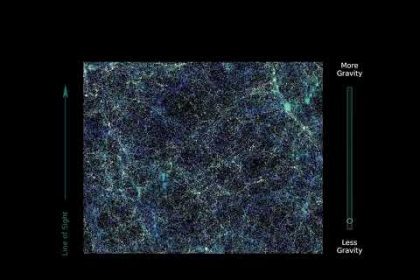By discovering a new type of biodegradable plastic, researchers have taken a big step towards fighting plastic pollution in the oceans. This plastic, called cellulose diastat (CDA), not only breaks down quickly in seawater, but with a simple method, it can be made even faster.
According to Tekna Technology Media Scientific News Department, cellulose diastat is made from cellulose, a natural substance found in the cell wall of plants. Known since the late 19th century, this material is used in the production of many everyday products, including eyeglass frames, cigarette filters, and photographic film. Researchers at the Woods Hole Oceanographic Institution have discovered that foamed cellulose diastat breaks down in seawater much faster than other plastics and even paper. In tests, the material lost more than 65 percent of its mass in 36 weeks, while common plastics such as Styrofoam did not change at all.
This substance quickly decomposes in sea water and does not harm the environment. Cellulose diastat is made from natural materials and can be recycled. Also, this material can replace many disposable plastics. Due to this important discovery, we can hope that in the near future we will see the replacement of conventional plastics with biodegradable materials such as cellulose diastat. This can help to significantly reduce plastic pollution in the oceans and protect the environment.
RCO NEWS

















